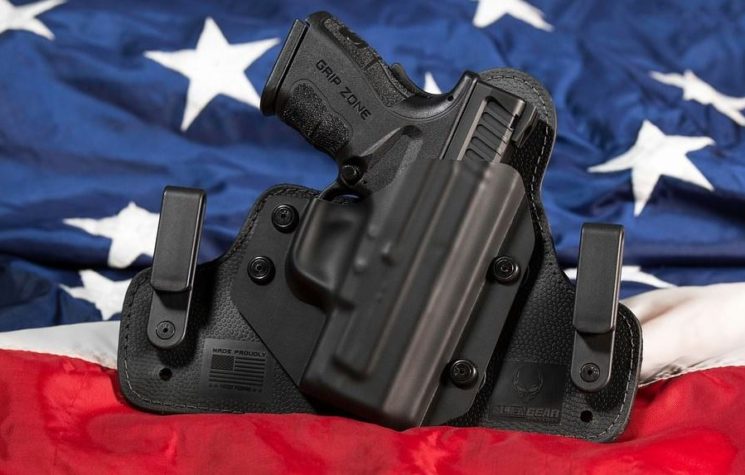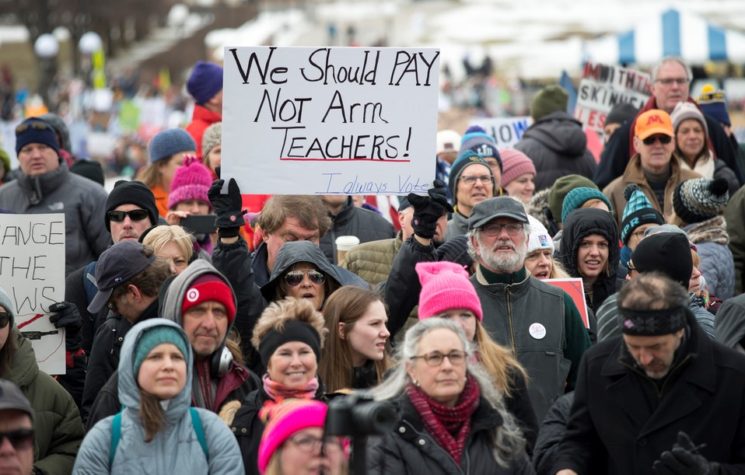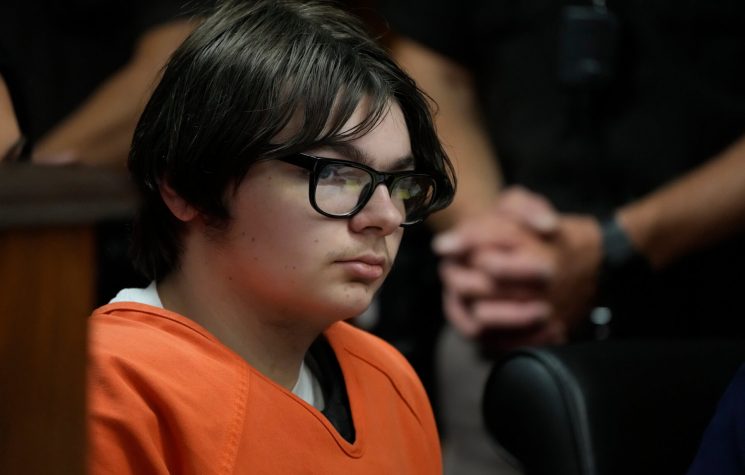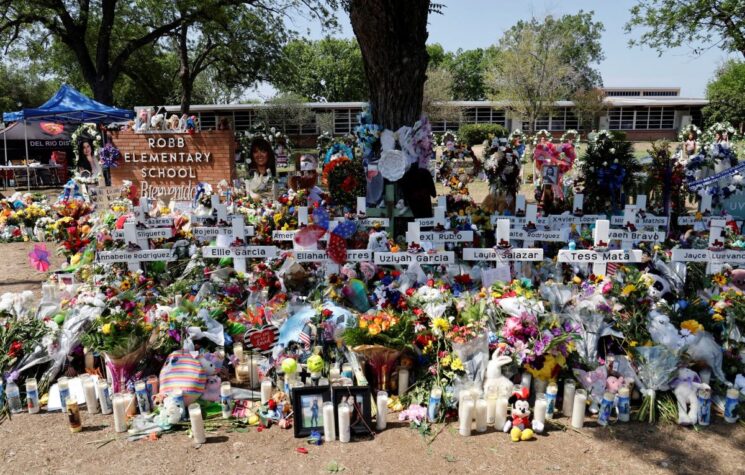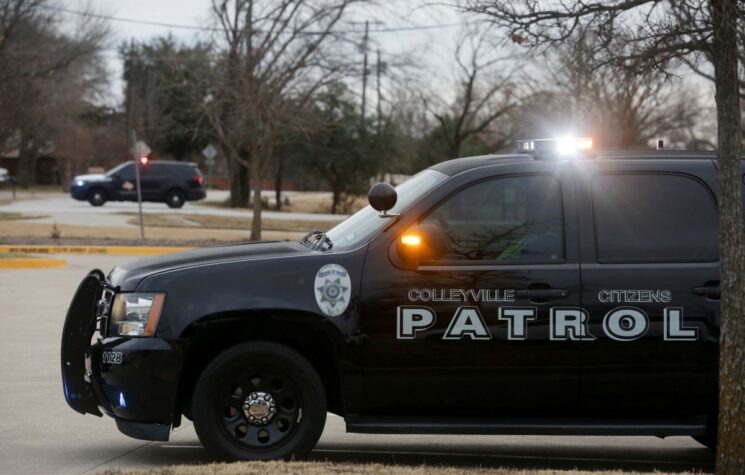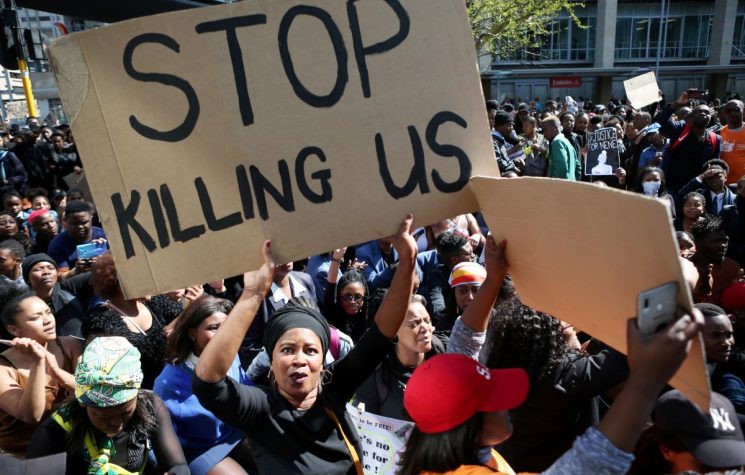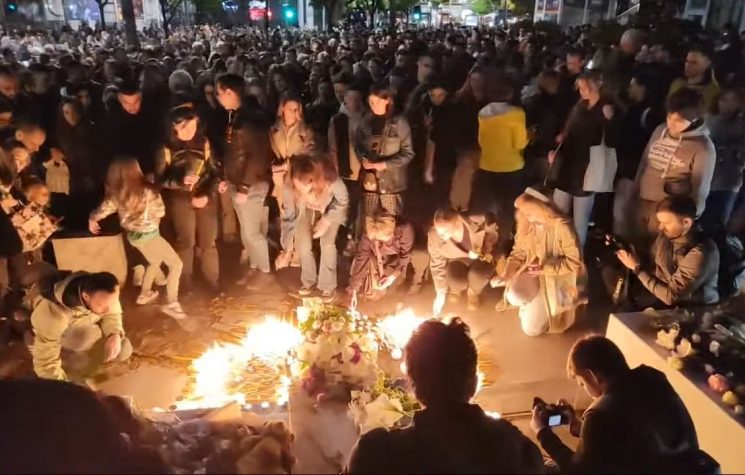With each new mass shooting to hit the Heartland, calls reverberate across sections of the political spectrum for major infringements to be placed on gun ownership – in contravention of the US Constitution.
Gun ownership has prevented untold deaths, assaults and robberies over the years, yet that positive news rarely features high in the media. By comparison, the public is bombarded with endless days of non-stop reporting with every Columbine, Sandy Hook, Las Vegas and El Paso tragedy to the point that it seems only a matter of time when the pendulum of public opinion swings in favor of major anti-gun laws. Such a day would most likely herald in an epic showdown between US liberals and conservatives the likes of which the country has never seen.
The situation has escalated to the point when political leaders, not least of all the POTUS, are hamstrung from speaking out about specific problems affecting the country lest they actually be accused of aiding and abetting would-be psychopaths. For example, Donald Trump, speaking about the dire situation at the US-Mexico border, called the influx of illegals into the country an “invasion.” Which is exactly what it is.
Yet when Patrick Crusius, 21, who shot and killed 22 people at an El Paso shopping center in early August, penned a manifesto using the “invasion” description, the American leader was accused of fanning the flames of hate, as if he was the only person to have acknowledged the crisis. If anything, the partisan standoff demonstrates the dangerous crossroads at where the Democrats and Republicans now find themselves on so many issues, with gun rights front and center.
Like clockwork, with every mass shooting the Democrats demand stricter gun control laws without ever considering other possible roots to the problem. Americans, after all, have owned guns since the days of the nation’s founding yet only within the last several decades has the incident of mass shootings become a regularly occurring event. What has changed? For starters, how about the number of Americans who are using antidepressants? On average, a whopping 13 percent of the population has taken some sort of antidepressants “in the past month” (2017), while the percentage of people using and abusing this medication, according to the latest statistics, surged 64 percent between 1999 and 2014.
“A common thread amongst the most horrific school shootings of the past 25 years is that the majority of the shooters were taking a psychiatric medication,” wrote Hyla Cass, M.D., following the Sandy Hook shooting in Newtown, Connecticut.
This glaringly neglected side of the argument has been exposed by numerous studies on the subject, yet politicians on the left, together with the left-leaning mainstream media, rarely inform the public about the link between gun violence and drug use. Instead, they go ‘nuclear,’ as it were, demanding that America’s millions of law-abiding gun owners submit to regulatory measures.
Here is just one Catch-22 scenario facing gun owners: as the prescription of antidepressant medication increases exponentially, together with the aggressive behavior linked to such drug use, it becomes increasingly easy for practically anyone to fall into the category of “medically dependent,” which may someday warrant a person losing their gun rights. The question is worth pondering considering the unprecedented amount of people now on antidepressants. Would some future universal gun ownership directory be matched up against medical records, depriving millions of their guns?
The Democrats have proposed expanding background checks for potential gun owners, as well as passing so-called red flag laws (otherwise known as Extreme Risk Protection Order Laws), which are intended to keep guns away from “high-risk” individuals. In reality, however, they are a cure worse than the disease, where we believe we can accost individuals to disrupt some future illegal activity. Such was the theme of the 2002 Tom Cruise film Minority Report where criminals are apprehended before a crime has been committed thanks to the psychic work of a special police unit. Such outlandish legislation is being touted not just by the perennial anti-gun Democrats, like Nancy Pelosi and Chuck Schumer, but from influential Republicans, including Rep. Dan Crenshaw, who seems to have alienated thousands of erstwhile supporters with just a single tweet.
The solutions aren’t obvious, even if we pretend they are. But we must try. Let’s start with the TAPS Act. Maybe also implement state “red flag” laws, or gun violence restraining orders. Stop them before they can hurt someone.https://t.co/2G2pZSWaF1
— Rep. Dan Crenshaw (@RepDanCrenshaw) August 4, 2019
At the same time, Florida Republican Senator Marco Rubio is working to pass legislation that has been described as “red laws on steroids.”
“Rubio’s TAPS Act would encourage law enforcement to give EVERYONE a personal threat assessment (adults and children) and single out those they deem as future threats,” writes David Leach in The Strident Conservative. “That information would then be used as a kind of Precog substitute to “stop dangerous individuals before they can commit an act of violence.”
Such slippery-slope legislation would empower anyone – from an acquaintance to a family member to a police officer – to file a complaint with regards to a particular individual they may deem “suspicious.” Perhaps the person is not even mentally ill, but rather just very outspoken on social media about a particular issue, like illegal migrants arriving through the crack in the US-Mexico border, for example. Let’s be honest. What liberal would not jump at the chance of filing a report on some NRA member they despise on Twitter, for example? And judging from what we already know about social justice warriors and their uncanny ability to get legislation passed in their favor, it’s not difficult to imagine the authorities appearing at the crack of dawn at some gun owner’s residence with a court order to seize all weapons.
That is the intrinsic problem with these ref-flag laws. Once authority is granted to seize guns from suspected ‘high-risk’ individuals – on the face of it, not a bad-sounding proposal –the door for interpreting who should be deemed suspicious, and on what grounds, and by whom will challenge the US justice system, not to mention the US Constitution, in a million different ways.
In the end, it may be the law-abiding gun owner who loses his or her constitutional rights to not only the Second Amendment, but the Fourth as well, under every conceivable “perceived threat” excuse imaginable. We cannot allow the government to believe they can play psychic mind readers when it comes to our inalienable rights.










